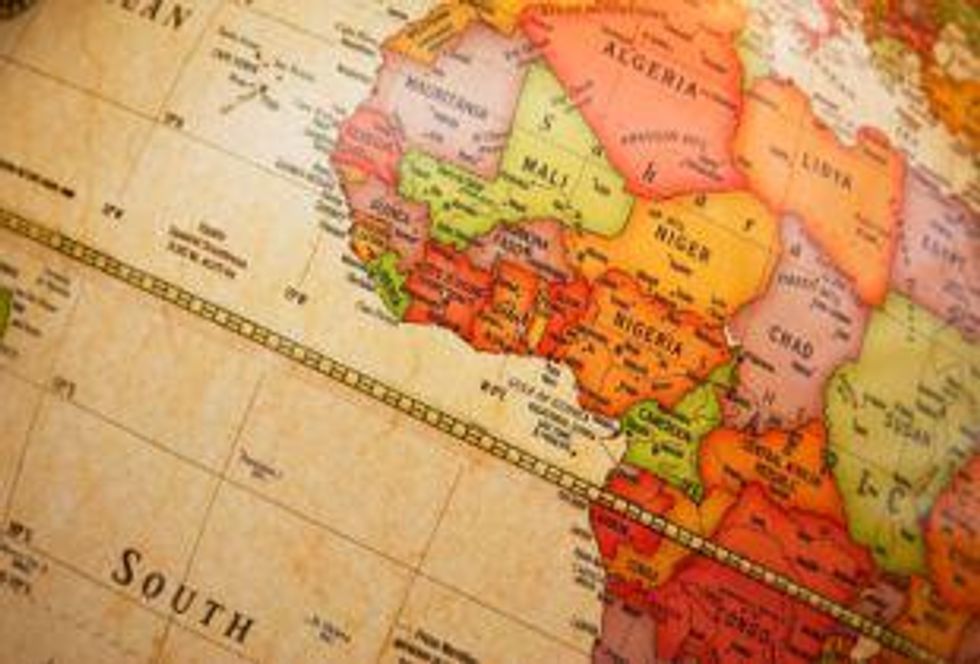Nigeria is looking to diversify its minerals and mining sector to reduce the dependence on oil as a source of national revenue. The West African country is looking to produce 2 million tonnes of iron ore in 2012 through the state owned National Iron Ore mining Co. Ltd.
By Michael Montgomery—Exclusive to Iron Investing News
The West African nation of Nigeria is best known for its oil production, which accounts for about 24 percent of Africa’s total production. The country is looking to diversify its minerals and mining sector to reduce the dependence on oil as a source of national revenue. Nigeria’s Federal Government holds all the mineral rights and is responsible for issuing explorations permits. Until recently all iron ore production was carried out by the state owned National Iron Ore mining Co. Ltd. However, the Nigeria’s government is opening the country to foreign investment, and diversifying their resource industry. The first sizeable iron ore shipments are expected in 2012, which should provide the country with much needed revenue.Nigerian iron ore deposits
Nigeria is looking to start major production on in sizeable iron ore deposits. Nigeria’s Minister of Mines and Steel development has stated that the country would grant private investors explorations and exploitation licenses for iron ore.
“Unfortunately, once we found oil, all the attention went to oil and we neglected (other areas)… mining is one of the key areas that we want to diversify into,” Olusegun Aganga, minister of trade and investment, told Reuters.
Nigeria’s state owned National Iron Ore mining Co. Ltd. main asset is the Itakpe iron ore deposit which contains 3 billion tonnes of iron ore reserves according to the Minister. The company is looking to produce 2 million tonnes of iron ore per year, eventually ramping up production to 20 million tonnes per annum in the next five years. In 2010, the USGS reported that Nigeria produced just 50 thousand tonnes of iron ore.
One company that is exploring Nigeria’s iron ore deposits is Energio Ltd. (ASX:EIO). The company has stated that early scoping studies have identified a 100 million tonne per year open cut mining operation is possible. However, the JROC resource estimate is not due until the second half of 2012.
The Gulf of Guinea region as a whole has also attracted “Investments announced last year from BHP Billiton, Rio Tinto, Vale, and Chinalco amount to around $10 billion,” according to Reuters. The area according to the USGS, the larger region could eventually produce up to 10 percent of the world’s iron ore.
Company news
Rio Tinto (LSE:RIO,NYSE:RIO) recently announced sale of 13 of its aluminum businesses that fall under the Rio Tinto Alcan subsidiary. The move is to streamline the aluminum division of the company, using the money to secure resources with higher profitability such as iron ore.
“Rio Tinto approved an additional $1.3 billion investment toward the development of its Simandou project in Guinea,” reported Forbes. The project has an estimated 2.25 billion ton iron ore resource.
Atlas Iron (ASX:AGO) reported that the company is on target to ship 6 million tonnes of iron from its Western Australian operations. The company is also looking to expand the operations, projecting to produce up to 12 million tonnes of iron in 2013, and up to 22 million by 2015. The company has 15 properties in the Pilbara region of Western Australia.
